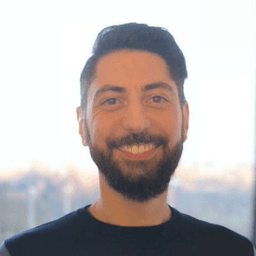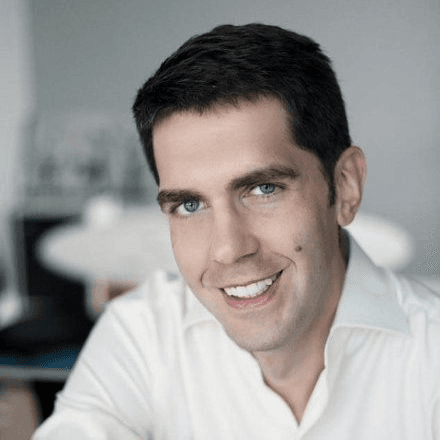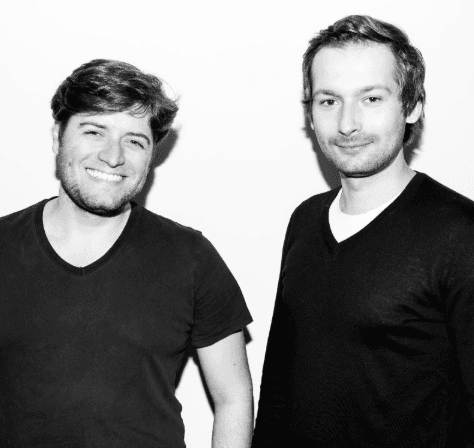How a Solopreneur Built and Sold Four SaaS Products


Business Description
Table of Contents
Navigate through the case study sections
Executive Summary
Case Study Content
Luca Restagno’s Early Experiment: Iterspace
In 2019, while serving as a team lead and senior engineer at a fast-moving company, Luca used his leftover hours and the lull in commuting during the pandemic to build Iterspace. It aimed to give designers, developers and stakeholders a single spot to share mockups, track version history, and give feedback without chasing threads on chat apps. The concept resonated but revenue didn’t match effort. While a Product Hunt launch scored 70 upvotes, his co-founder had different priorities and they sold Iterspace. That exit taught Luca two things: set clear goals with anyone you work with, and make hand-offs easy by using separate project email addresses from day one.
Finding a Plug for Twitter DMs: Hivoe & Inboxs
By mid-2021, Luca was active on Twitter and saw people drowning in direct messages. He shipped two tools, Hivoe and Inboxs, to let users tag, auto-reply, template and analyse DMs. The pair hit about $4,000 in combined monthly recurring revenue. Then Twitter changed its API pricing overnight, wiping out margins and making the apps impossible to run. He sold both to HypeFury. This second sale underscored one fact: if you build on someone else’s platform without a backup plan, you risk losing it all in a policy update.
The AI Chatbot Play: Userdesk
In early 2023, with AI chatbots all the rage, Luca built Userdesk, letting businesses train bots on their own content and embed them for support. A $69 lifetime pre-sale brought in 20 buyers in a day, but when he rolled out publicly just a few of them activated. He realised his Twitter audience was buying out of loyalty, not fit. Positioning was broad, and his own profile didn’t match the target market. Despite hitting $1,100 MRR, he decided to sell on Acquire.com. The process walked him through LOI, due diligence and an Asset Purchase Agreement, and made future exits smoother.
The Breakthrough: Shipped.club
In December 2023 Luca launched Shipped.club, a Next.js boilerplate designed specifically for devs and indie founders to bypass common SaaS setup steps. By bundling authentication, billing pages, deploy scripts, and ready-to-edit code, it let users start subscribing customers in days instead of weeks. Within four months he sold $20,000 in licenses. This success came because he picked a niche he already knew, developers who need a reliable starter kit, and leaned on his reputation in that community.
Lessons Along the Way
Across four products and two platform exits, Luca learned to set co-founder expectations early, diversify away from single APIs, test positioning with the right audience, and build in public to get feedback fast. He also refined his exit playbook by standardising project accounts and documenting hand-off steps. Today he focuses on projects that fit his skill set, values and network, proof that founder-product fit can make or break early traction.
Key Takeaways
- 1Align goals and expectations with co-founders before you write a line of code to keep everyone on the same page and simplify exits.
- 2Relying on a single third-party platform can kill your revenue overnight, always plan for alternative scenarios.
- 3Pre-sales to your existing audience can give a false sense of validation if they don’t match your real target customer.
- 4Founder-product fit matters more than you think, building a product you relate to helps you speak directly to the right users.
- 5Sharing your work in public helps you gather real feedback, build trust, and correct course before you go wide.
- 6Narrow niches, like developer boilerplates, can drive faster sales when you solve a problem you know inside out.
Key Facts
Tools & Technologies Used
Premium Content Locked
Subscribe to access the tools and technologies used in this case study.
Unlock NowHow to Replicate This Success
Premium Content Locked
Subscribe to access the step-by-step replication guide for this case study.
Unlock NowInterested in Being Featured?
Share your success story with our community of entrepreneurs.
Explore More Case Studies
Discover other inspiring business success stories

How Blush & Bar Grew from $1K/Month to a $550K Exit in Under 3 Years
Blush & Bar transformed from a tiny online jewelry shop earning $1,000 monthly into a $1.3M revenue brand sold for $550,...
Blush & Bar

How Sam Enny Pulls $200 a Day With GetResponse Affiliate Marketing
In this case study, we explore how Sam Enny uses GetResponse's affiliate program to generate more than $200 per day. He ...
GetResponse

From Side Hustle to $6K/Month Startup Studio in 16 Months
During the Covid lockdown, Matthias Neumayer and Dima Rubanov reignited a teenage love of coding. They quit secure jobs ...
Neumayer & Rubanov Startup Studio
